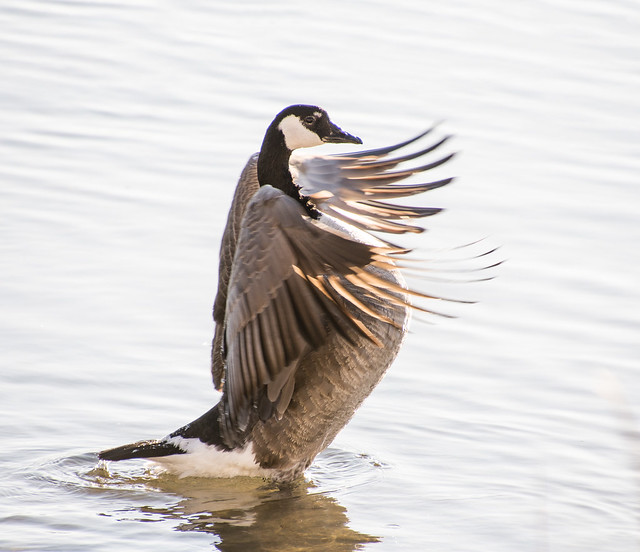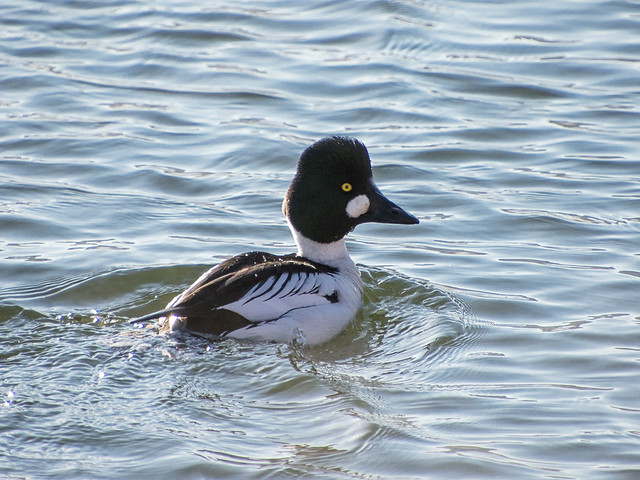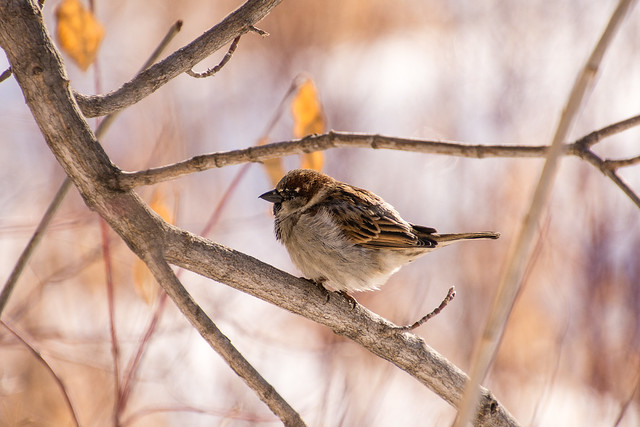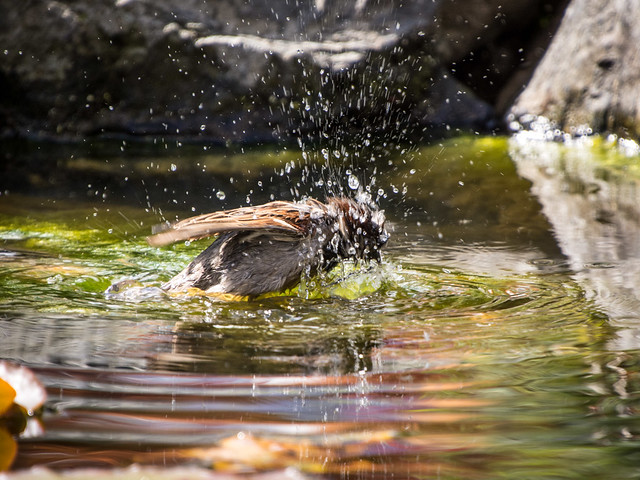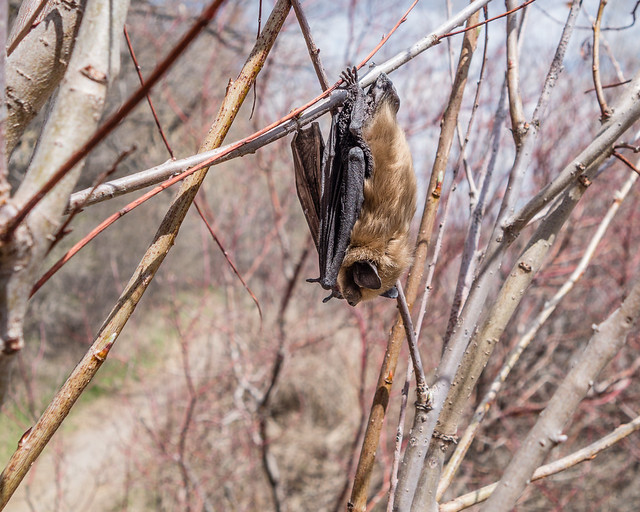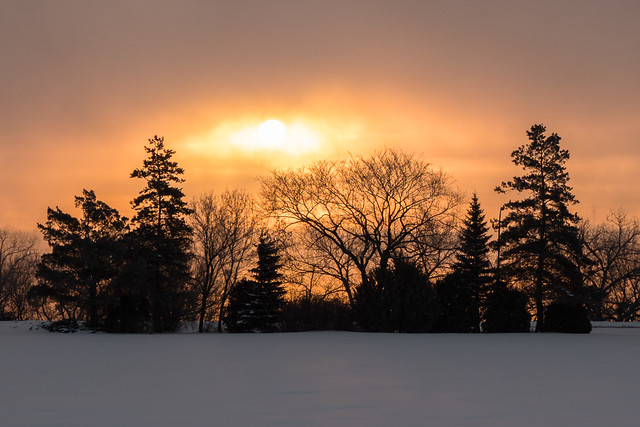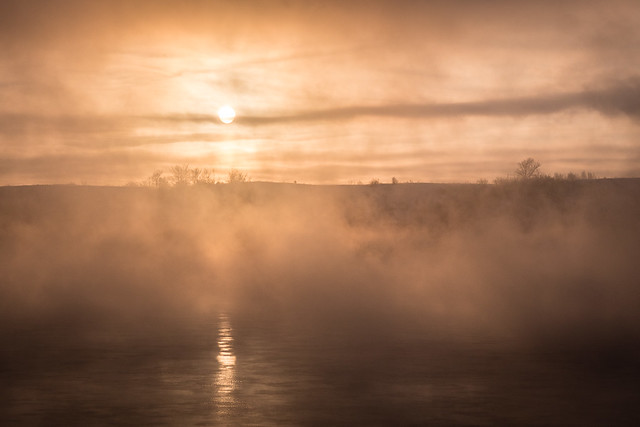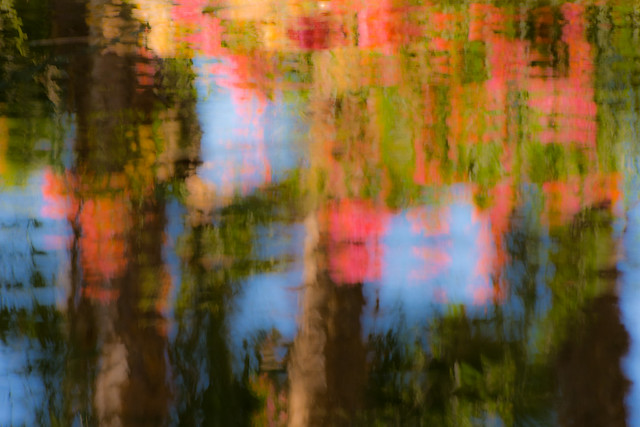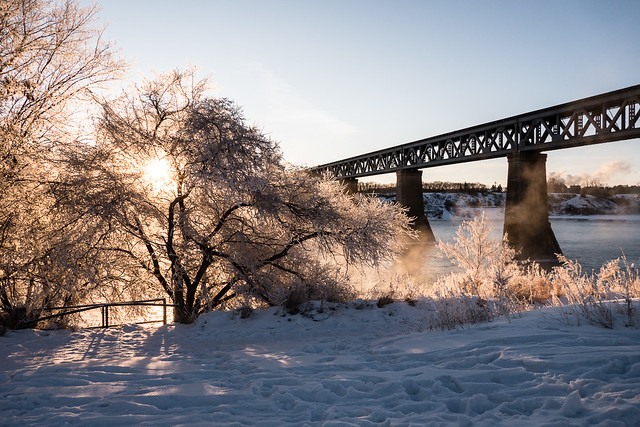From light pollution to first aid and from Waskesiu to Fort Qu’Appelle and Stockholm - find out what’s happening in your community. Plus a handful of news stories you might not have seen.
Upcoming Events
Waterfowl Monitoring Programs, Mar. 28 (Saskatoon)
Blake Bartzen, Canadian Wildlife Service, will discuss waterfowl monitoring programs, at 3:30 pm, Mar. 28, at the final WildEcol seminar this season.
Cycling Speaker Series, Mar. 29 (Saskatoon)
Cathy Watts, co-chair of Saskatoon Cycles, is the first speaker in a Cycling Speaker Series hosted by Bridge City Bicycle Co-op and the Bike Doctor at 7 pm, Mar. 29.
Ferruginous Hawk Research, Mar. 31 (Fort Qu’Appelle)
Ryan Fisher, University of Regina, will discuss ferruginous hawk research at the 7 pm, Mar. 31, meeting of the Fort Qu’Appelle Nature Society (Fort Qu’Appelle Train Station).
Spring Forest Safety, Mar. 31 (Waskesiu)
Friends of Prince Albert National Park is hosting a spring forest safety workshop from 1-3 pm, Mar. 31, in Waskesiu. Topics will include survival equipment, cattails, and air to ground signals.
Our Common Future, Apr. 3-5 (Saskatoon)
The Apr. 3-5 symposium showcases research projects completed by undergraduate students in the environmental programs and those participating in the Office of Sustainability’s Living Lab at the U of S.
Seed Swap & Gardening Talk, Apr. 4 (Stockholm)
Stockholm Public Library is hosting a seed swap and prairie gardening talk from 6-8 pm, Apr. 4.
Regina Food Bank Greenhouse Tour, Apr. 4 (Regina)
The Regina Permaculture Book Club has organized a tour of the Regina Food Bank Greenhouse at 1:30 pm, Apr. 4.
Urban Energy Systems: Lessons from Lulea, Sweden, Apr. 4 (Saskatoon)
Martin Boucher, University of Saskatchewan, will discuss urban energy systems: lessons from Lulea, Sweden at the Apr. 4 meeting of the Saskatchewan Energy Management Task Force.
Design the Nightscape – Shaping Darkness, Apr. 4 (Saskatoon)
Sabine de Schutter, Berlin, will discuss the potential and risks of light, highlighting projects taking the well-being of humans and animals into account as well as safety at 6:30 pm, Apr. 4
Unmanned Aerial Vehicles (UAVs) for Natural Resource Management, Apr. 4 (webinar)
Leila Benmerrouche, Saskatchewan Polytechnic, will discuss the development of UAV technology in combination with GIS and landscape modeling applications in a PCAP-SK webinar at noon, Apr. 4.
Looking Ahead
Wilderness First Aid, Apr. 13-15 (Saskatoon)
SaskOutdoors is hosting a 20-hour Wilderness & Remote First Aid course, Apr. 13-15, close to Saskatoon.
Waste Reforum 2018, Apr. 18-20 (Regina)
The annual Waste Reforum will be held from Apr. 18-20 in Regina.
First Aid for Paddlers, Apr. 28 (Saskatoon)
Back 40 Wilderness First Aid Training and Coldspring Paddling are offering a one-day first aid clinic geared specifically for paddlers from 9 am-4 pm, Apr. 28.
A full list of upcoming events can be found on the EcoFriendly Sask Calendar
In the News
Agricultural drainage in Saskatchewan is threatening our ecosystem and changing the natural landscape
Compensating, supporting and retraining workers is an important part of the transition to renewable energy
Freight contributes 10% of Canada's GHG emissions - here are 5 ideas for achieving a low-carbon freight industry
China's ban on international waste is forcing Canadian municipalities to rethink their recycling strategies
What will happen if, in our car-centric environment, we accept that a certain number of pedestrian deaths are an inevitable part of adopting autonomous vehicles?
EcoSask News is a weekly round-up of local news and events. Email us if you have items you would like us to include.
You can follow EcoFriendly Sask by liking us on Facebook, following us on Twitter, or by email (top right corner).
